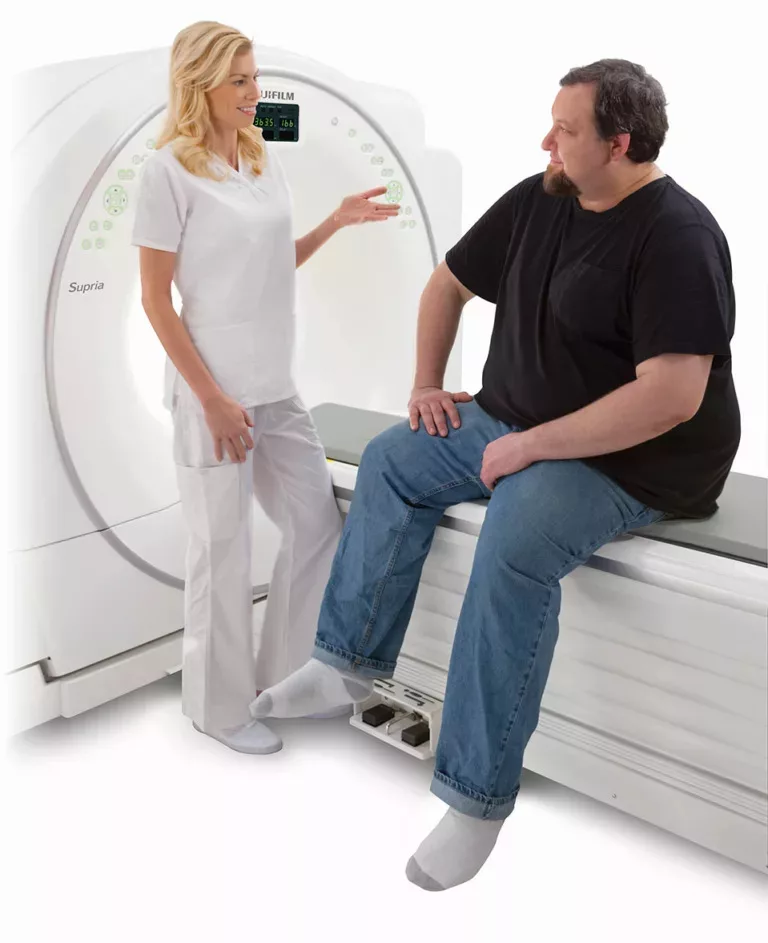
Millennials and Their Influence on Healthcare
The landscape of healthcare has drastically changed over the years thanks to millennials. Millennials are the generational group normally between the ages of 16 and 32 years, which is about 80 million Americans. They are hyperconnected to their mobile devices, using smartphones for everything from staying in touch with friends and family to searching and purchasing entertainment, products and more. They have significantly influenced new trends in healthcare, among several other industries, because their views on health are drastically different from their parents and grandparents’ views. Particularly, millennials are interested in digital health including mobile apps and social media.
Millennials are open to using mobile health apps to improve their overall wellbeing. In fact, over 65% of millennials would use a mobile app to manage their health compared to Americans over the age of 66 years. Millennials wish and prefer that healthcare organizations use mobile apps to schedule appointments, manage care, and help them track their overall health including diet/nutrition, medications, symptoms and physical activity. Millennials don’t want to see a physician for checkups, MRIs or other scheduled medical exams unless they need to. As technology continues to advance and millennials continue to age, mobile health apps will only increase in popularity.
Although it continues to evolve, social media is a necessary marketing strategy for healthcare organizations since it educates, empowers and connects both current and potential patients. In particular, online reviews are very influential to millennials, who tend to make decisions regarding their health based on other patients’ experiences. Millennials use social media to determine the credibility of healthcare organizations, as well as determine the pricing and services of an organization. By actively participating in social media, healthcare organizations can interact with millennials and increase word-of-mouth referrals since communication is transparent, which is exactly what millennials desire.
Healthcare is generally known to be a traditional industry that is slow to get with the technical times. Millennials want healthcare and technology to be on the same page, and that concept is forcing healthcare organizations to reevaluate their online practices and evolve their technology to meet the digital needs of this young generation.






